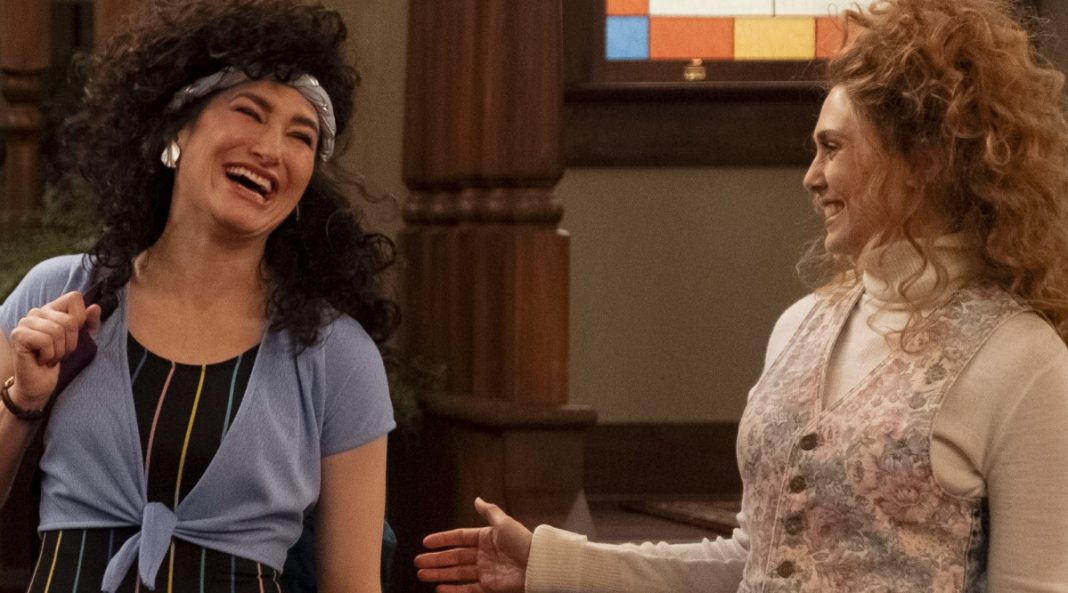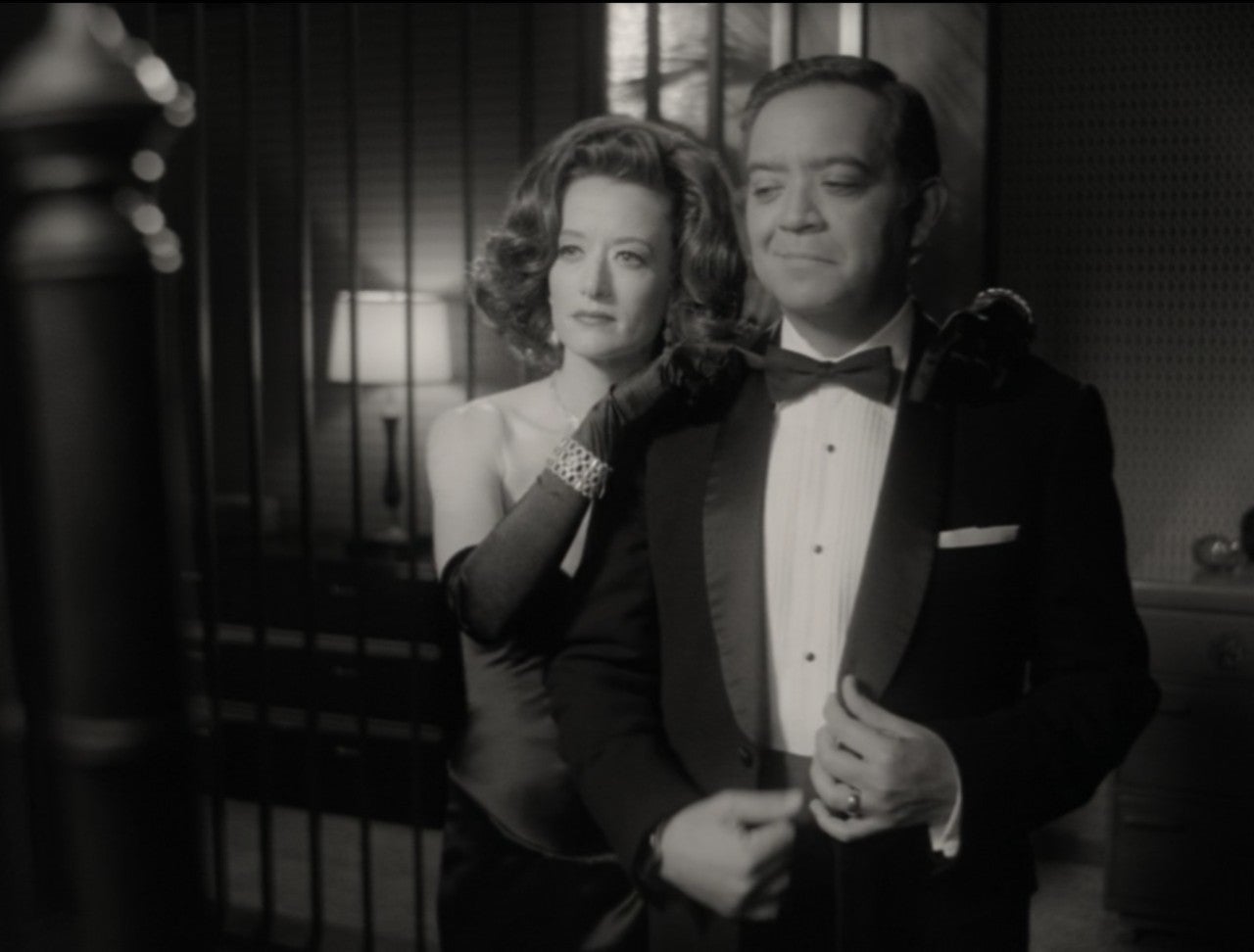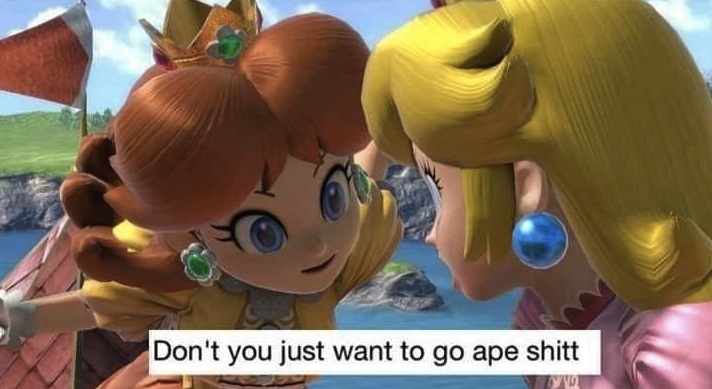“I think the village witch was usually a kind of marginal person in the Middle Ages. She had powers, but it didn’t make her beloved… it just made her useful.” – Ursula K. Le Guin on witches; Science Fiction Conversations.
At the conclusion of the seventh episode of WandaVision, “Breaking the Fourth Wall,” it seems that a new, witchy villain has finally been properly introduced.
But is Agatha really the villain of WandaVision? What plans has she wrecked that make her such a bad lady? And how can her character shed new light on the largely overlooked character of Scarlet Witch Wanda Maximoff?
Civil War: Where’s Wanda?
In 2016’s Captain America: Civil War, one of the very first scenes follows the Avengers on a mission led by Steve Rogers (Chris Evans) in Lagos. An attack by Crossbones (Frank Grillo) leads to Wanda (Elizabeth Olsen) saving Steve’s life by sending an explosion away from her team leader – but due to her inexperience, the deflected explosion kills multiple innocent bystanders.
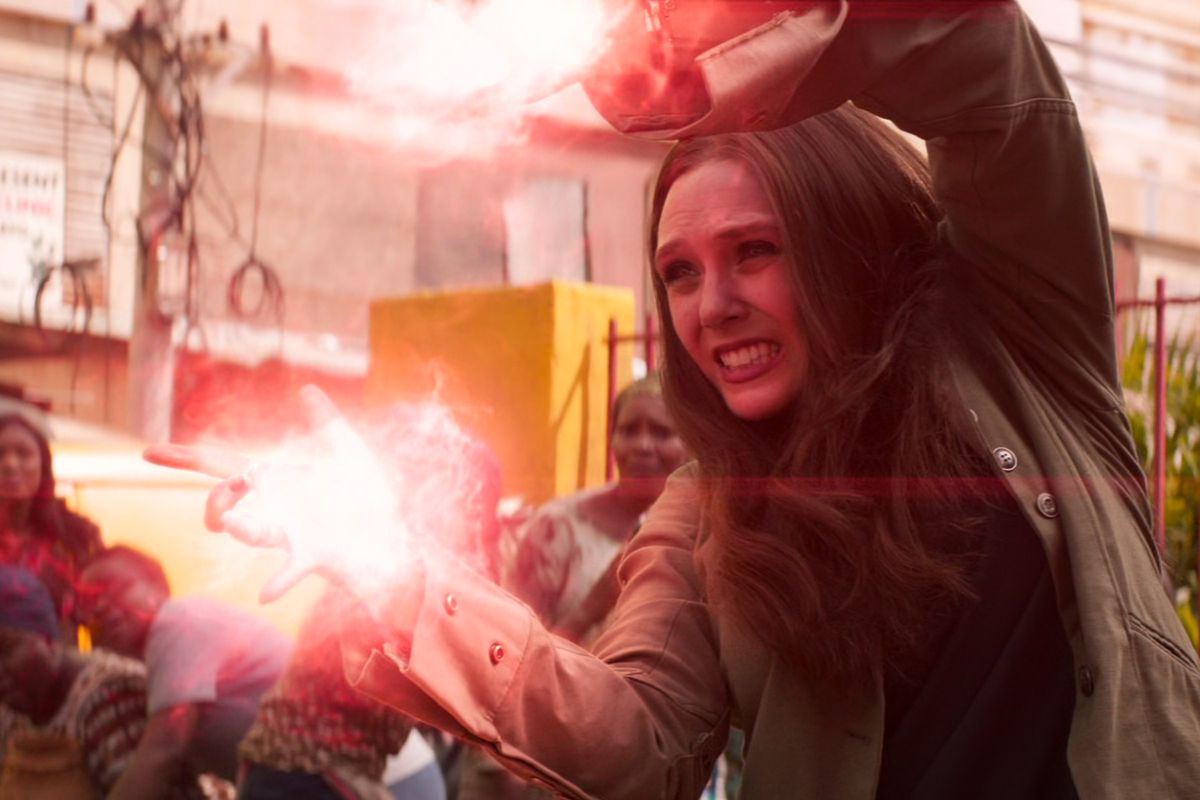
The incident is blamed on Wanda’s lack of training, and the governments of the world react by introducing the Sokovia Accords. The implication is that no single person can bear the responsibility of the power wielded by these super-powered individuals, and so they must cede any decision-making to a governmental authority. With government oversight, people like Wanda will presumably be regulated, perhaps required to attend training to ensure they are operating within legally dictated parameters.
This creates several problems. First, it presumes the existence of an authoritative body capable of understanding the power wielded by Wanda. However, Wanda’s power is unparalleled: thanks to her ability’s singular origin in Hydra testing on the Mind Stone, there is no one who understands the power she possesses. In the Marvel Cinematic Universe, her abilities are unprecedented.
Within the narrative, this translated into an attempt to deny Wanda agency. She is kept confined within the Avengers headquarters because – as Vision points out – others fear her power. In fact, she’s treated more or less like a “sentient weapon”: locked up and kept away from others, with no regard for her individual subjectivity on the matter.
Outside of the MCU narrative, Wanda – as a woman with a powerset that outclasses every male character – was virtually ignored. Even though the explosion in Lagos happened within the first fifteen minutes of Civil War, Wanda’s integral role was downplayed in reviews and discussion (if it was mentioned at all): Wanda was “part of Cap’s team” but the battle “had unforeseen consequences” (N.B.: this Variety review of Civil War, which mentions Wanda’s name only twice, the first time in a list of Cap’s team and the second to establish where she and Romanov stand in relation to Tony Stark’s philosophy).
And in spite of the integral role she played in the narrative, there were relatively few pieces of merchandise that featured Wanda – and even fewer that bothered to center her, in spite of her essential role in the movie (an issue that has been resolved thanks to the waves of WandaVision merch now available).
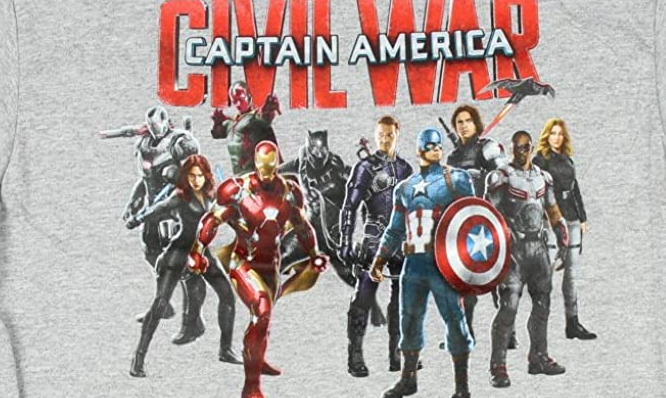
While Wanda was arguably the most powerful character on either team’s Civil War roster, her abilities were omitted from many of the conversations. But why?
Who is WandaVision for?
Not the Disney+ series; I’m talking the in-universe WandaVision series. Naturally, the fastest way to identify a sitcom’s target demographic is to look to the advertisements.
WandaVision’s first advertisements – the ones in episodes one and two – went out of their way to emphasize the fact that in the accepted cultural narrative of the 1950s and 1960s, women were intended to be accessories to men. The first advert, for the Stark Industries ToastMate 2000, opens with the host asking, “Is your husband tired of you burning his toast?”
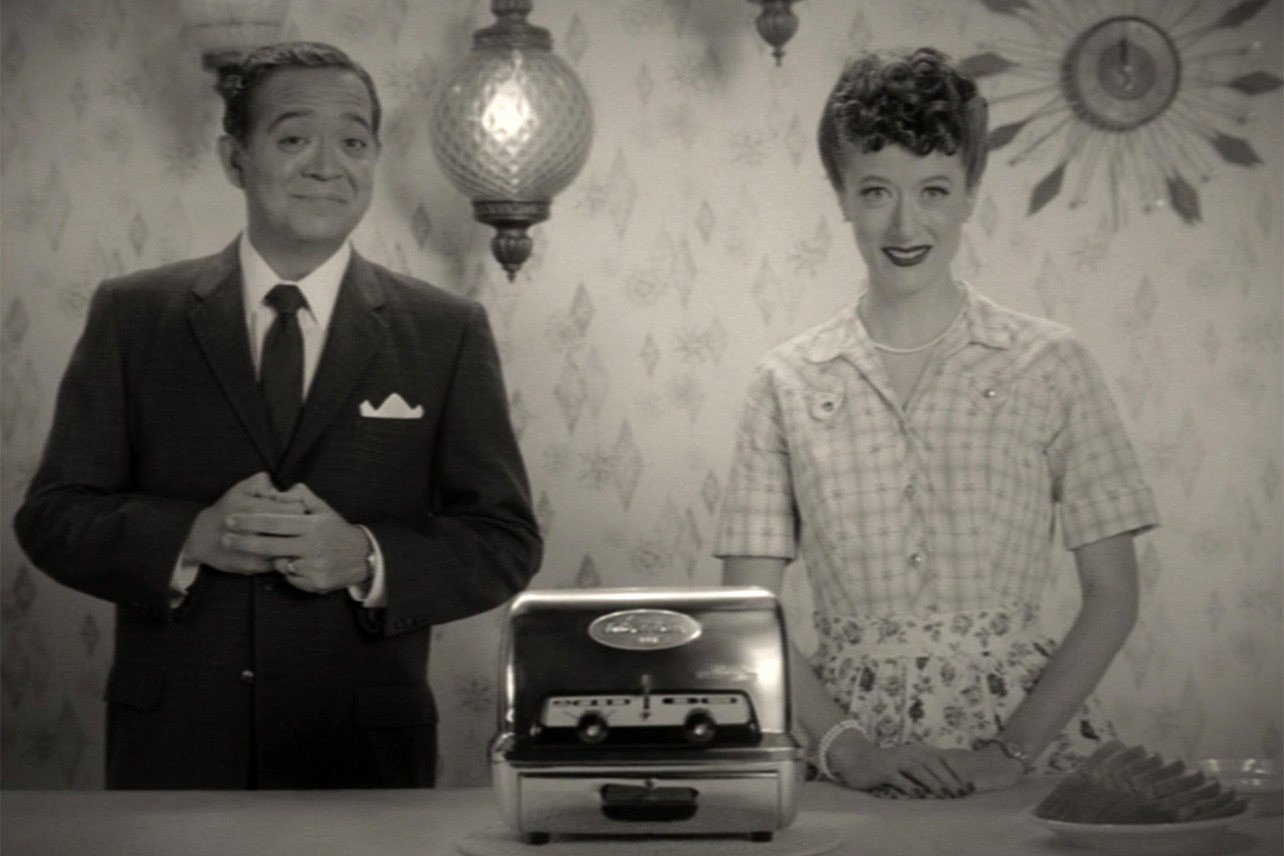
While the advert is targeted toward the women in the audience, the “problem” it seeks to solve only concerns the men – the husband’s toast. However, the messages contained in the advertisement are broadcast not just to the women, but to the men, who will receive the message that a woman’s role is as a support function for her husband.
In the second WandaVision advert, for the Strücker watch, the narration outright identifies women as being nothing more than accessories for men: “A man is never fully-dressed without two important accessories: his special lady and his Strücker.” This is a logical extension of the message in the ToastMate ad, eliminating the perspective of the woman and suggesting she is essentially the equivalent to the product being marketed to the men.
Sometimes dead is better
Both Wanda and Vision are powerful entities. However, Director Tyler Hayward (Josh Stamberg) reacts very differently to Wanda’s power when compared with Vision’s.
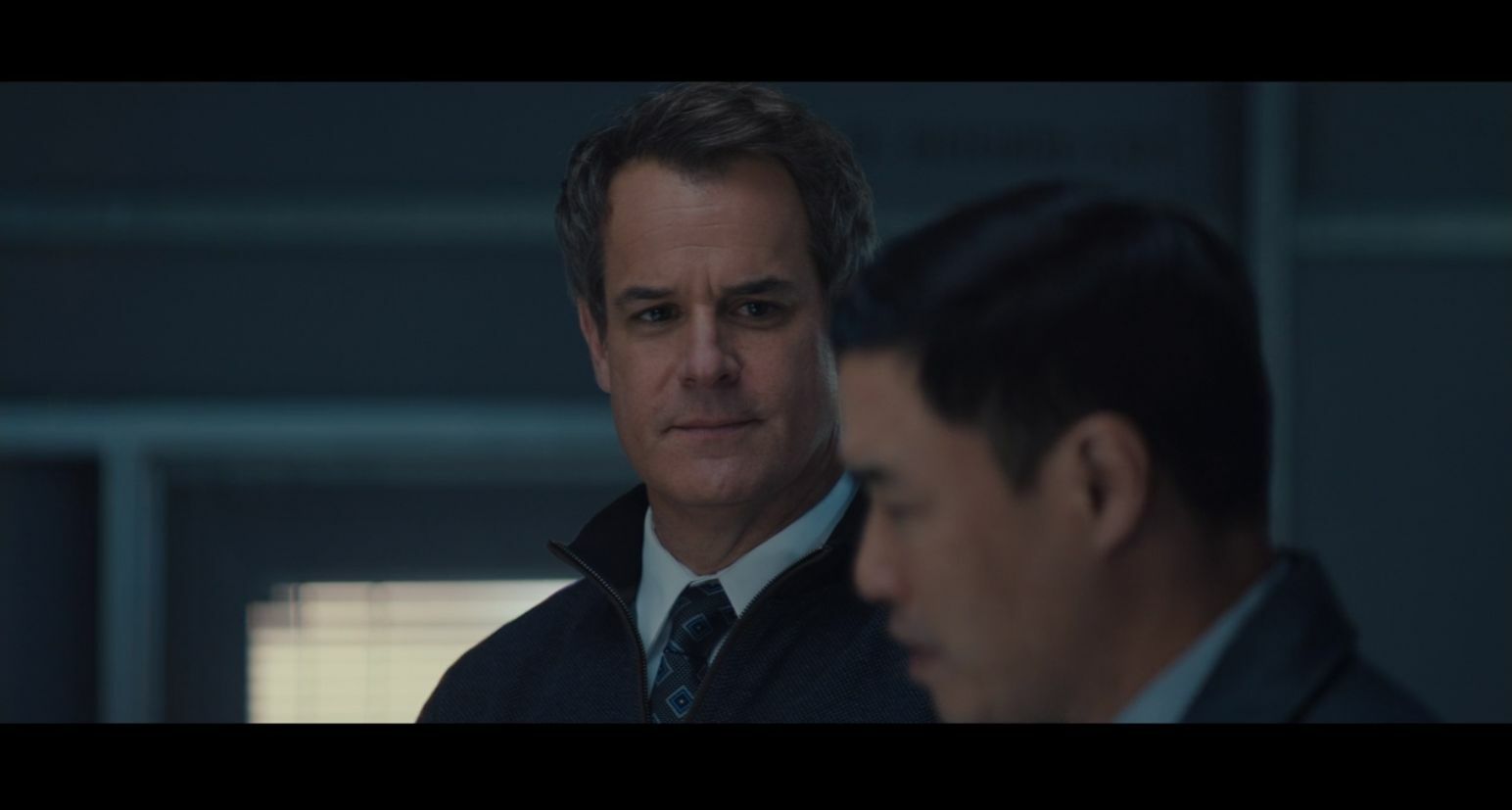
Because Vision is a source of power that Hayward believes he can control, he is attempting to resurrect him (or a version of him) through Project Cataract, a fact revealed by the secret S.W.O.R.D. files uncovered by Dr. Darcy Lewis (Kat Dennings).
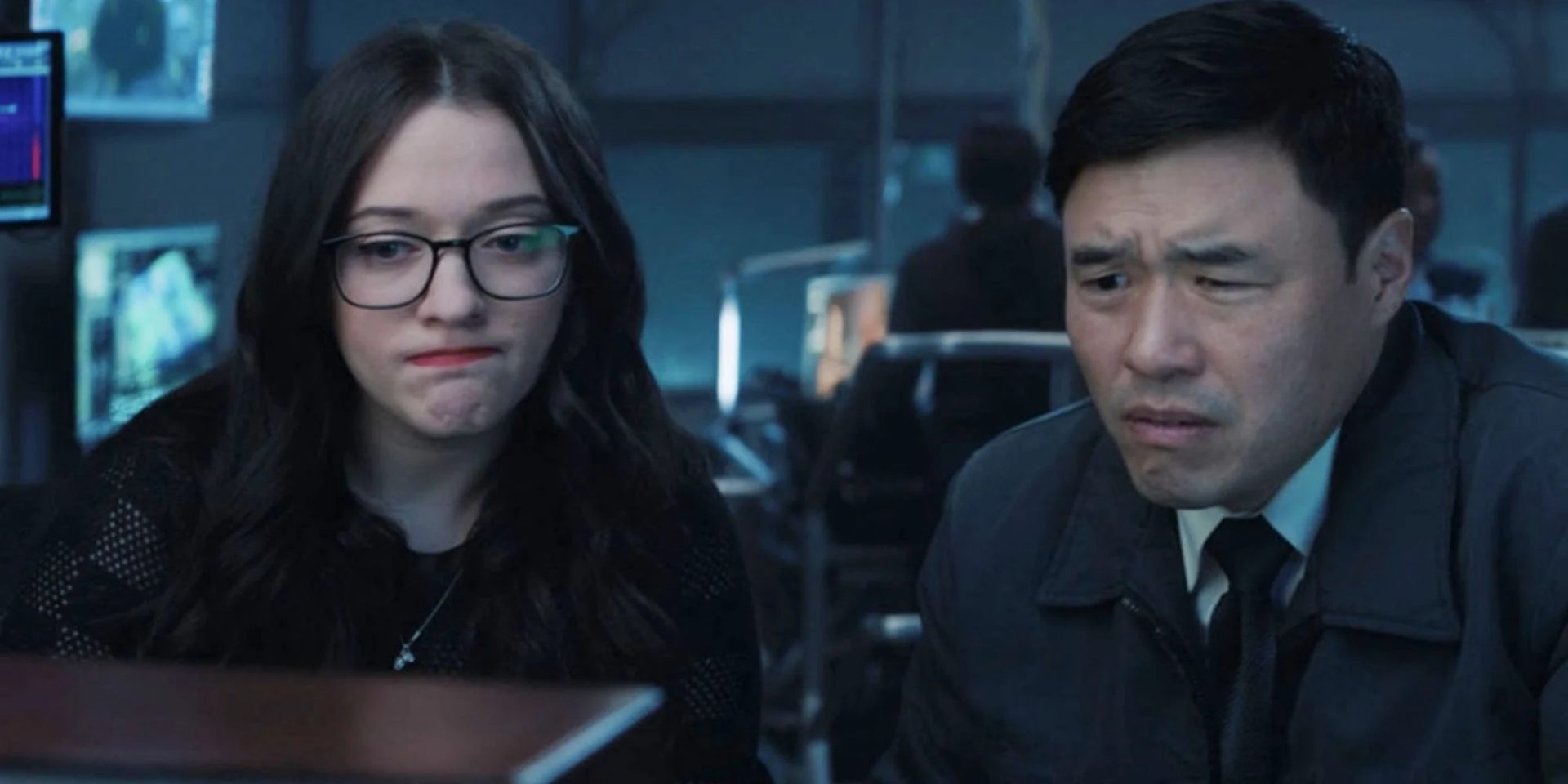
However, Wanda is a source of power that Hayward cannot control, and his response is swift and unequivocal: he attempts to murder her using a drone (a plan he uses Monica Rambeau (Teyonah Parris)’s skills in order to accomplish by concealing the fact that he intended to harm Wanda).
Enter Agatha Harkness (Kathryn Hahn). At the conclusion of WandaVision episode 7, the show-stopping theme song Agatha All Along seemed to reveal that Agatha had been the one “pulling every evil string.” But while it may be “too late to fix anything,” what exactly has Agatha broken?
Are you tired of being nice?
When Agnes finally reveals herself to be Agatha Harkness at the end of episode 7, it isn’t exactly a surprise that she’s a witch. In part, this is thanks to the fact that she’s encoded into the sitcom archetype that can be closely paired with the supernatural subtype, especially in the 1980s version of WandaVision, seen in episode 5: the archetype of the “single woman neighbor.”
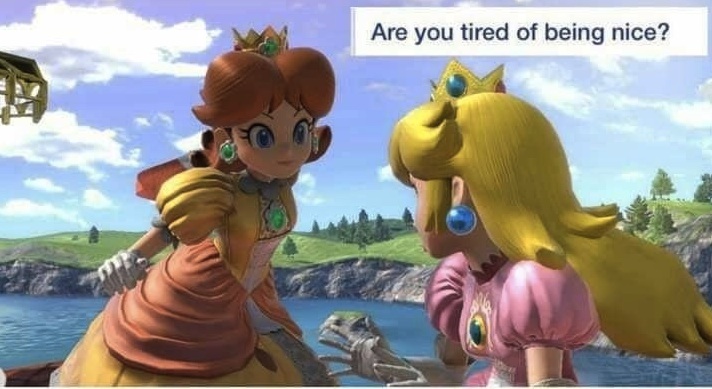
When it comes to sitcoms, the single woman neighbor archetype often serves as a catalyst for domestic conflict. In part, this is thanks to the fact that she’s often encoded as overtly feminist: she offers the matriarch a taste of knowledge and independence, leading to domestic dissatisfaction (and often putting the friend at odds with the patriarch, who had “everything under control” until she came along). See: the scene in WandaVision episode 5 in which Agnes seems to have “uncanny knowledge” of the sitcom situation, causing discomfort in Vision (Paul Bettany).
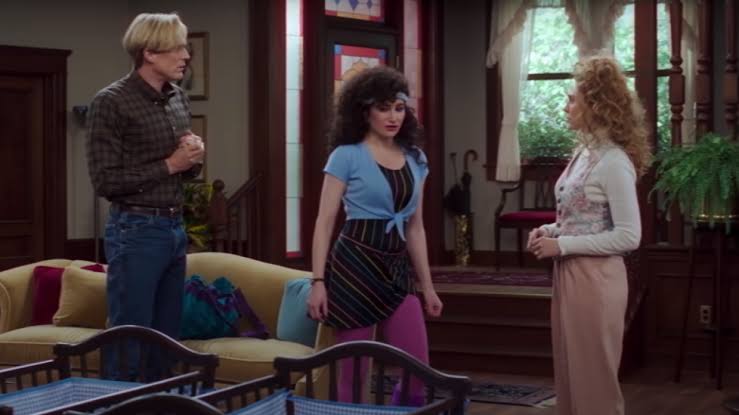
The newly revealed witch’s role also creates an interesting character contrast between Monica Rambeau and Agatha Harkness. Both have positioned themselves to be Wanda’s ally, but in dramatically different ways. Monica repeatedly inserts herself into the conflict between Director Hayward and Wanda, arguing on Wanda’s behalf.
For Monica’s efforts, she is dismissed by Hayward, who insinuates she has ulterior motivations (derived from her connection to Carol “Captain Marvel” Danvers) and writes her off as “the sassy best friend” (the very archetype which Agnes has adopted, through which the witch capitalizes on the expected accompanying dismissal of her abilities in order to accomplish her own nefarious ends).

While Monica attempts to be Wanda’s ally while working within the system (at least at first), Agatha’s power derives from subversion. She capitalizes on the fact that the assumption will be that, as a woman, she does not have power – even though she’s barely bothering to conceal it while in plain sight. This works perfectly on the Vision, who runs into Agnes at the edge of Westview in episode 6 but can only perceive her to be an innocent in need of rescue – a damsel in distress.
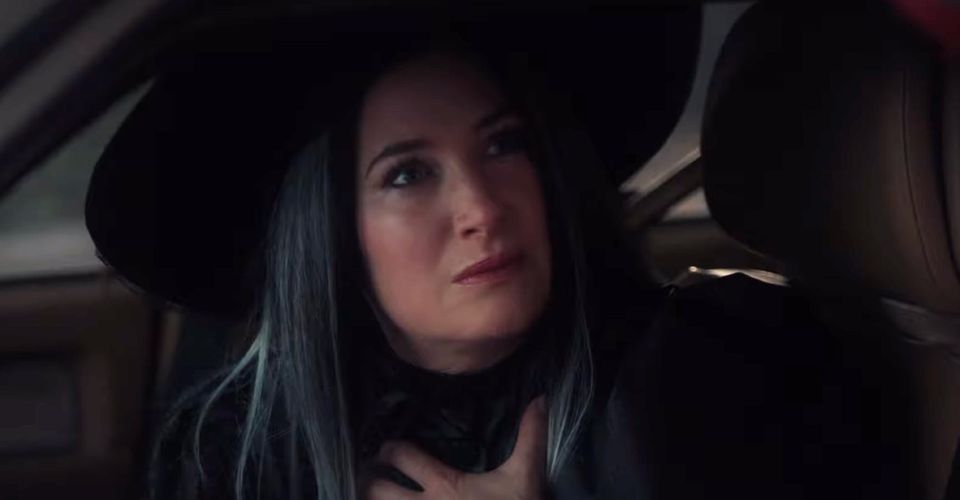
Magneto’s daughter was right
In an angry outburst, Hayward tells Monica that she doesn’t understand what those who weren’t blipped have been subjected to during the past five years. Being one of the 50% of humans who survived the snap of Thanos, Hayward presumably had to accept the reality of the post-snap world, and then had to deal with the return of the blipped. Surely, the experience came with its own special brand of trauma.
But Hayward’s assertion centering his pain ignores the trauma that comes with Monica having been blipped herself: she missed the last two years of her mother’s life – and there’s an additional implied tragedy: Maria died without ever knowing that her daughter would return, a fact that Monica will have to live with forever.

While Hayward demands that others see, acknowledge, and respect his trauma, he makes no effort to do the same for either Wanda or Monica (contrast with FBI Agent Jimmy Woo, who goes out of his way to point out that Hayward is “oversimplifying” Wanda’s narrative in episode 5). Instead, Hayward only attempts to reassert control over a world that — after five years in the post-snap world — he no longer feels is sufficiently under his thumb. A resurrected Vision offers an opportunity for Hayward to exert authority over an entity with supernatural abilities, and with such an entity on a leash, he can once again feel in control of the larger world.
But using the abilities of a supernatural entity in order to exert control over others – isn’t that the very crime of which Hayward has accused Wanda, even using it to justify an extrajudicial execution? And if murdering Wanda is a justifiable course of action when a supernatural being is using their abilities to exert control over innocents, then what is the reasonable response to S.W.O.R.D.’s attempt to revitalize Vision with Cataract?

Don’t you just want to go ape shitt?
Consider the advert from the sixth episode, for Yo-Magic yogurt. In the animated commercial, a boy in a red shirt is stranded on a desert island. He’s approached by a shark with a purple surfboard who offers the resource the kid needs to solve his problem – provided the kid can access those resources.

If Wanda is the target audience for the commercial, it makes sense that she’s meant to identify with the red-shirted kid, and if the shark’s purple surfboard is any indication, he’s to be associated with Agatha. So the message seems to be that Wanda already has the power she needs to solve her problem – provided the shark shows her how to accomplish the same. And if the alternative is to wither away, what other choice is left to Wanda?
It may be that Agatha is indeed a villain rather than a misunderstood ally – in which case, she surely belongs with LOST’s Ben Linus (Michael Emerson) as one of the most enjoyable genre villains of all time.
However, even if Agatha does prove to be the ultimate villain on WandaVision – capitalizing on Wanda’s trauma in order to manipulate her abilities towards some sinister end – subverting S.W.O.R.D.’s machinations remains a wholly justified course of action.
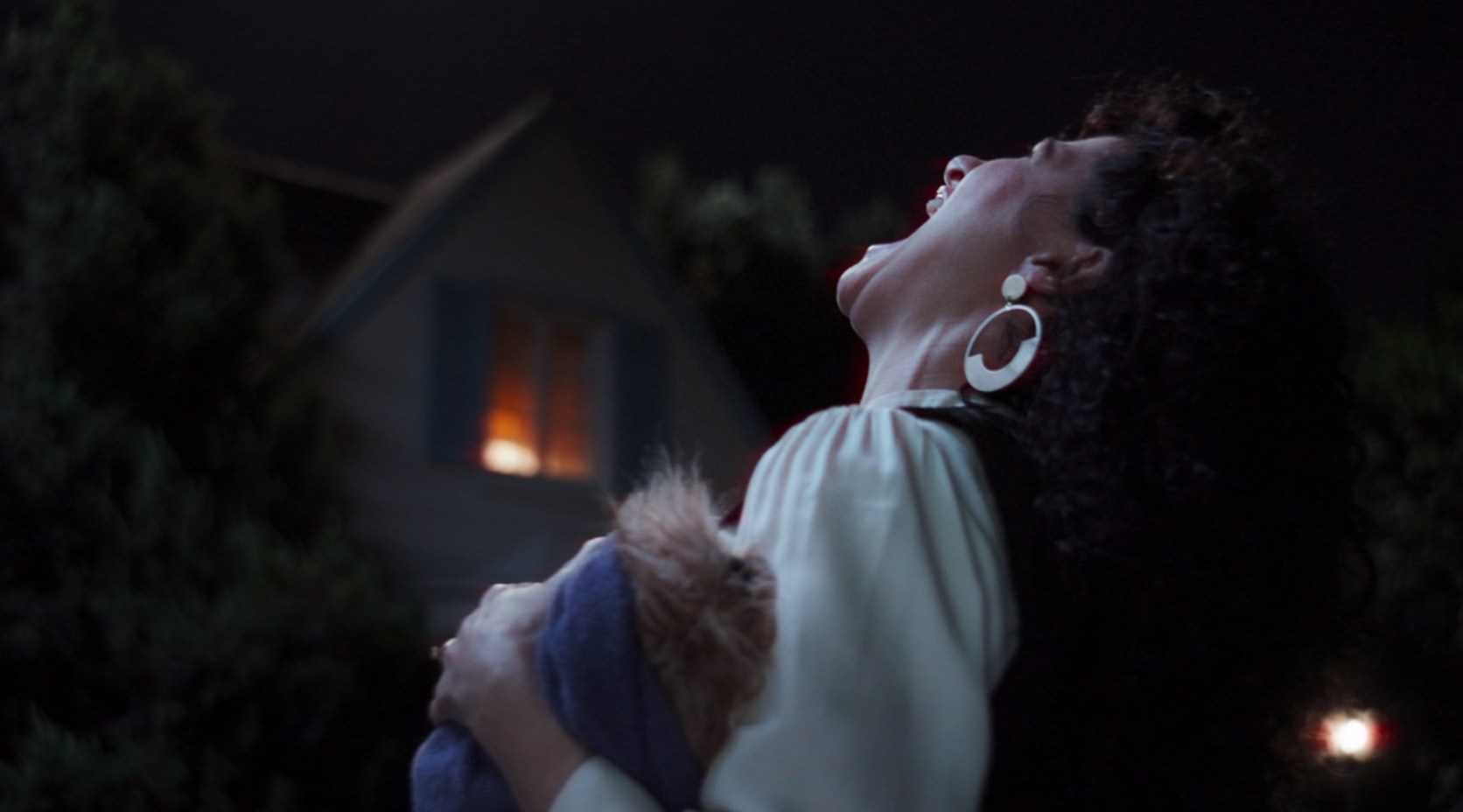
Why is it that circumventing a bad authority figure is a defensible decision for Captain America but not for Wanda? If a person is going to violate the wishes of a dead superhero by resurrecting them against their will, what is the appropriate response from an opposing party? Why is exerting control over innocent bystanders an acceptable course of action for S.W.O.R.D. but not for Agatha?
And – god help us all – what if the only hero available to stand against the villain is a powerful woman? How would we ever possibly know witch character we were supposed to root for?
New episodes of WandaVision are available for streaming on Disney+ each Friday.


